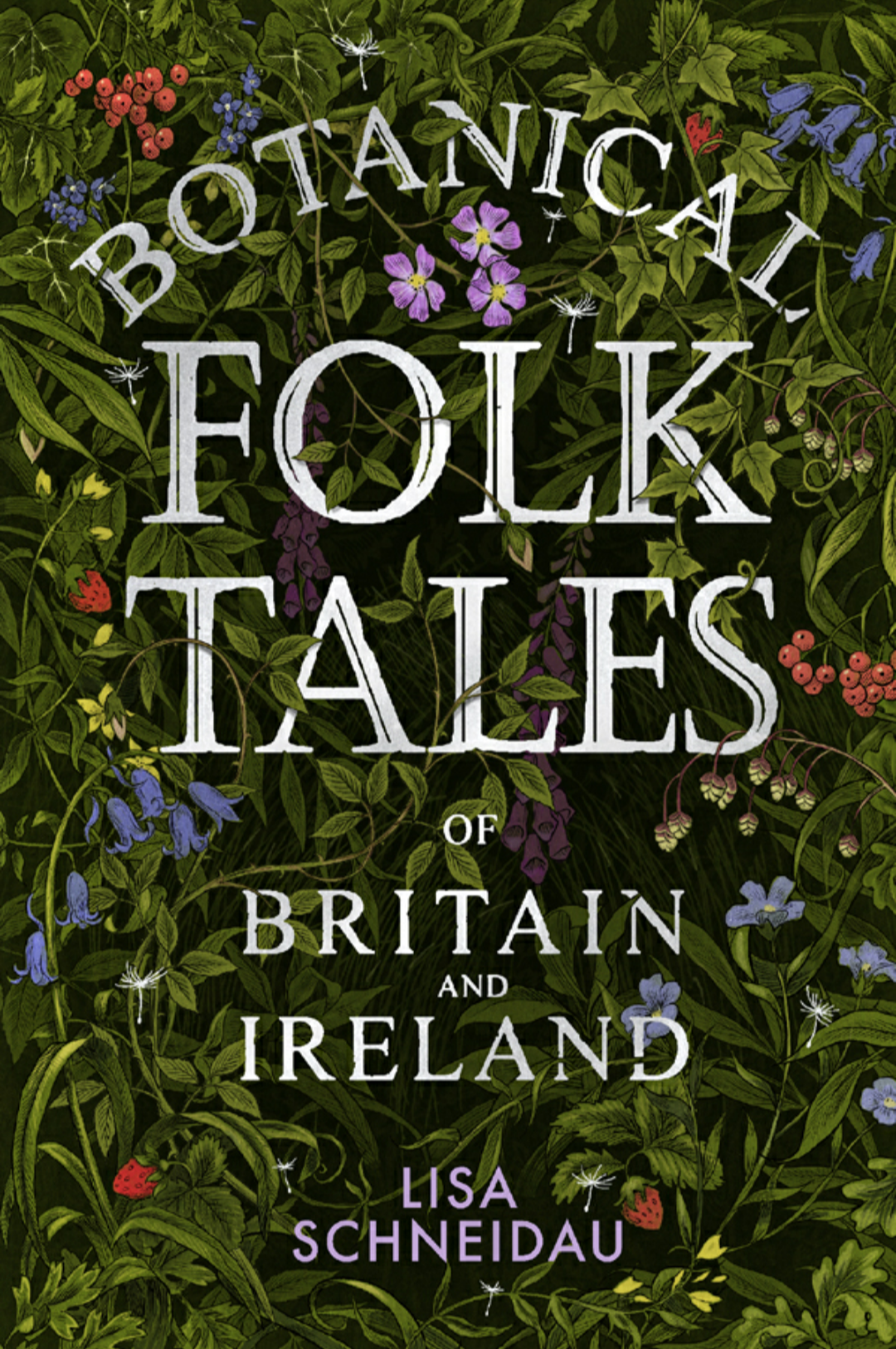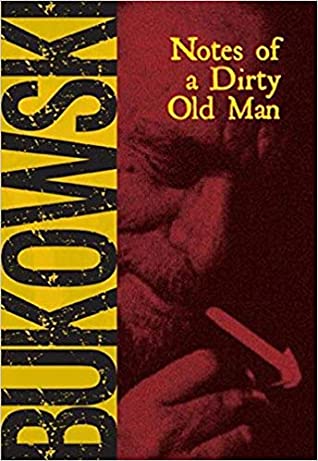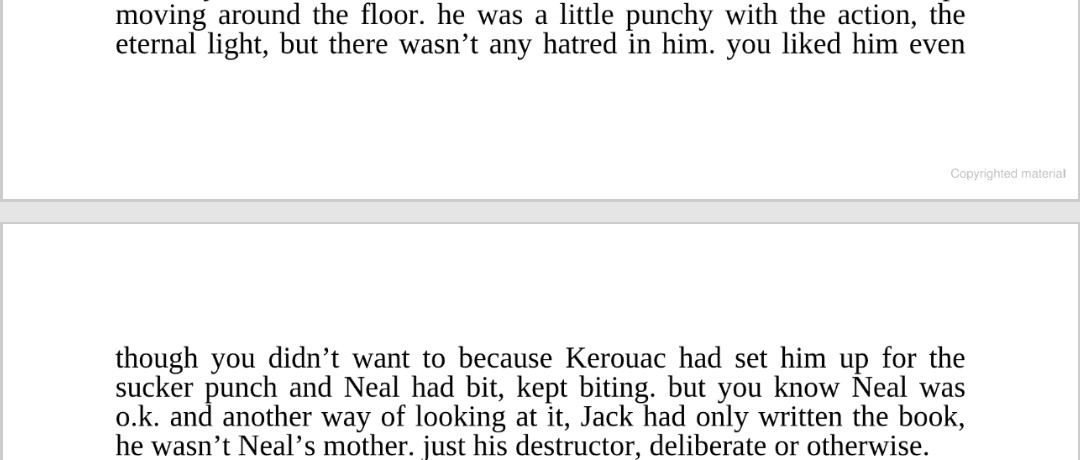A lucky find in a charity shop yesterday finally led me to read Gwendy’s Button Box. Yesterday? Yes! I sat down and read it in a few hours as it’s a fairly short novella with brief chapters and lots of great illustrations.
Let’s quickly take a look at the book and I’ll share my thoughts
Bookish Quick Facts
- Title: Gwendy’s Button Box
- Series: Gwendy Button Box trilogy, #1
- Authors: Stephen King & Richard Chizmar
- Illustrated: Keith Minnion
- Published: 2017
- Length: 171 Pages
- Recommend: ⭐⭐⭐⭐ for an evening of great storytelling
Here’s the Synopsis
The little town of Castle Rock, Maine has witnessed some strange events and unusual visitors over the years, but there is one story that has never been told… until now.
There are three ways up to Castle View from the town of Castle Rock: Route 117, Pleasant Road, and the Suicide Stairs. Every day in the summer of 1974 twelve-year-old Gwendy Peterson has taken the stairs, which are held by strong (if time-rusted) iron bolts and zig-zag up the cliffside.
At the top of the stairs, Gwendy catches her breath and listens to the shouts of the kids on the playground. From a bit farther away comes the chink of an aluminum bat hitting a baseball as the Senior League kids practice for the Labor Day charity game.
One day, a stranger calls to Gwendy: “Hey, girl. Come on over here for a bit. We ought to palaver, you and me.” On a bench in the shade sits a man in black jeans, a black coat like for a suit, and a white shirt unbuttoned at the top. On his head is a small neat black hat. The time will come when Gwendy has nightmares about that hat…
From Am*zon
My Thoughts
I’ve heard before that King got stuck on this in short story form and reached out to Chizmar to see if they couldn’t come to some kind of conclusion together. Other than the ending, I couldn’t tell that it was co written at all.
I’ve also read that it feels too stretchy for a short story but it covers too much ground to be anything other than a novella, which feels like the perfect length for the story. There are short scenes from ten years of Gwendy’s life and the authors pack so much into those years !
As soon as you hear “palaver”, you know this fits somewhere into the lore of The Dark Tower. When the man in black offers a 12 year old girl a box with buttons and levers, she takes it and learns all about fate, rewards, consequences, and secrets. Is it a take on Pandora’s Box? Maybe. Is it linked to the destinies of this world and Those Beyond? For sure.
I like Gwendy’s character too. She is a responsible young lady and King brings all the pinnacle experiences in a teenagers life onto the page. Definitely with a hint of supernatural overtone but she tries to be as normal as possible.
My only gripe is the ending. My personal issue is that you have this .*big climactic terrible thing* that happens and Gwendy seems to walk away from the event and off to college without a lot of emotional damage or other suffering. I mean ok 🤷♀️ And no spoilers but if anyone is familiar with King’s semi constant villain with the initials of RF – it’s a pretty soft ending for him. I feel Chizmar’s hand in there but I might be wrong
Overall, Gwendy’s Button Box is a fast paced novella that is great for spending a few hours absorbed in something that’s hard to put down, and there are great illustrations by Keith Minnion






















